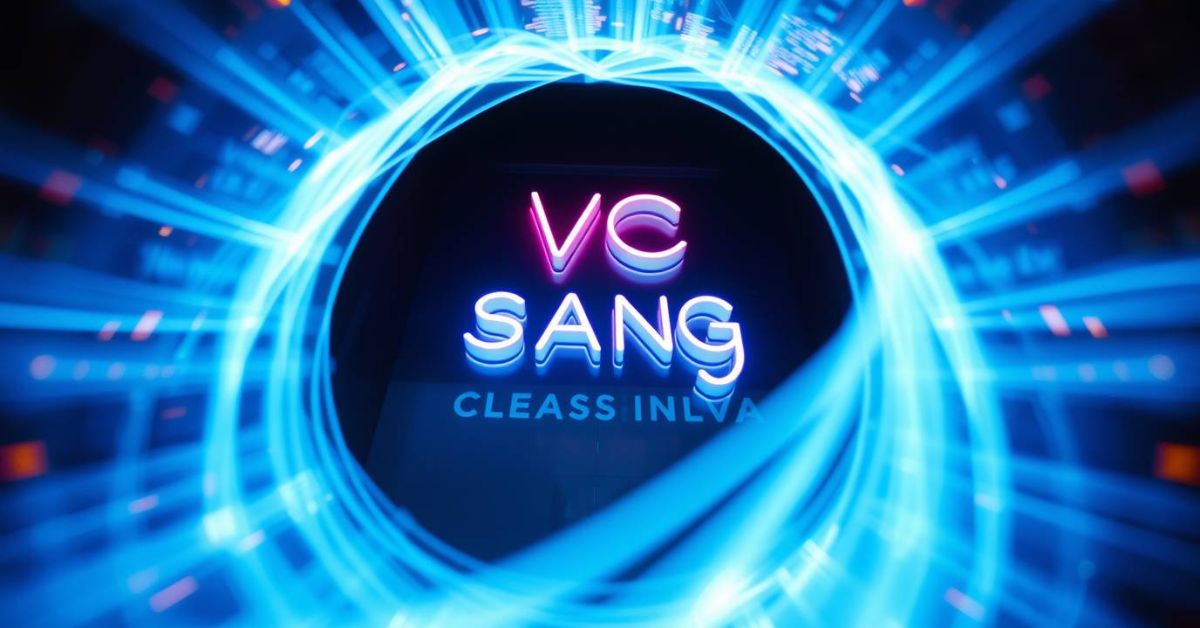VC Slang can feel like a secret language that only insiders truly understand, but don’t worry, you’re not alone! Whether you’re looking to break into the venture capital world or simply curious about how these investors talk, you’re in the right place.
In this article, we’ll decode the jargon, give you the inside scoop, and break down the buzzwords that can seem intimidating at first. You’ll walk away feeling confident, knowledgeable, and ready to navigate the exciting world of venture capital with ease.
What Exactly Is VC Slang?
Okay, let’s start simple. What is VC Slang, and why do people use it? Venture capital is a fancy term for when investors pour money into startups in hopes of striking it big. And because these investors are looking for high-stakes, high-reward opportunities, they’ve developed a language all their own to talk about investments, companies, and growth.
It’s like how you might use slang with your friends, but these guys are using it to discuss millions of dollars, emerging technologies, and unicorns (no, not the magical creatures more on that later).
VC Slang can sound like a whole different world, but once you get the hang of it, it’s actually pretty fun and dare we say useful. After all, if you want to make an impression in the startup scene, knowing the right lingo is key. It’s like speaking the same language as the cool kids. Plus, some of these words are just downright hilarious. So, let’s dive in!
Breaking Down VC Slang
1. Unicorn (Not the Mythical Creature)
Let’s kick things off with the unicorn. No, this isn’t about the sparkly creatures in your childhood fairytales. In VC lingo, a unicorn is a privately-held startup that reaches a valuation of over $1 billion. Imagine your favorite app or tech company suddenly exploding in value. That’s a unicorn. And no, they don’t pop up every day. They’re rare, hence the name. But when they do appear, it’s a magical moment.
For example, let’s say there’s a small social media company with an innovative feature. It catches the attention of a few venture capitalists, gets tons of investment, and suddenly, it’s worth billions. Bam, that’s a unicorn.
2. Term Sheet (Not the Stuff You Sign in a Rush)
A term sheet might sound like something you’d sign in a law office, but in the world of VC, it’s just the document that outlines the basic terms and conditions of an investment deal. Think of it like a “pre-nup” for investments minus the love and the divorce part.
The term sheet sets the stage for everything that’s going to happen after the investment, from how much equity the investor gets to how the startup will be governed. It’s a key document in the deal-making process. So, no, it’s not as fun as the name might suggest, but it’s a big deal!
3. Pivot (No, Not Like a Dance Move)
In the startup world, a pivot is when a company changes direction or alters its business model in order to achieve better results. Picture this: a startup that originally created a fitness tracking app realizes that people are more interested in their meal-planning feature.
So, they shift focus and start developing that part of the app. That’s a pivot! It’s all about adapting to what the market demands and trust us, it happens a lot. If you’re not pivoting, you’re probably just… stuck.
4. Burn Rate (And We’re Not Talking About Your Budget for Coffee)
Now, let’s talk about the burn rate. No, it’s not a reference to some fire-breathing dragon. In venture capital terms, it refers to how quickly a company is spending its cash. In simple terms, it’s the speed at which a startup is burning through the money it raised.
If you hear someone say, “We need to lower our burn rate,” they’re essentially saying, “We’re spending too much money too fastlet’s chill out.” In a way, the burn rate is like your monthly spending on subscriptions, only instead of streaming services, it’s about keeping a whole company alive.
5. Exit Strategy (Not as Dramatic as it Sounds)
If you hear the phrase exit strategy, don’t assume someone is planning an escape route from a heist movie. In venture capital, an exit strategy is just the plan for how investors will eventually cash out from the company.
This could happen through an acquisition (selling the company to another company) or an initial public offering (IPO), where the company goes public and its shares are sold on the stock market. Basically, it’s how investors will make their money back (and hopefully a lot more).
Fun Scenarios to Illustrate VC Slang
Let’s keep things fun and relatable! Here’s a scenario where you’ll hear these terms in action:
Imagine you’re the founder of a tech startup let’s call it “Snaply” that helps people snap pictures of their meals. You pitch it to a group of VCs who are looking for the next unicorn. After a few rounds of meetings, you finally get an offer.
The VCs send over a term sheet, outlining the terms of the investment. You’re excited, but then you realize your startup has been burning through cash faster than you anticipated. Your burn rate is sky-high! Time for a pivot. Instead of just focusing on meal pictures, you decide to focus on delivering recipes too.
After a year of growing, Snaply hits a $1 billion valuation congrats, you’ve got yourself a unicorn! The VCs, who have been waiting patiently for their payday, start talking about an exit strategy. Maybe they’ll push for an acquisition by a big tech company, or maybe Snaply will go public with an IPO. Either way, they’ll be cashing out soon.
Common Misconceptions About VC Slang
Now, let’s clear up some confusion. There’s a lot of misinterpretation when it comes to VC Slang, and we’re here to set the record straight.
“Isn’t VC Just for the Super Rich?”
Not necessarily! While it’s true that many VCs have a lot of money to invest, there are all kinds of investors out there. Some are looking for the next big idea to fund, while others focus on niche markets. It’s not just a game for billionaires; everyday people with the right knowledge and connections can get involved in venture capital.
“Does VC Slang Only Apply to Tech Startups?”
Not at all! While VC Slang is heavily associated with the tech world, it’s used in other industries too. From healthcare to finance to renewable energy, any startup that’s looking to scale fast might end up using VC lingo. So, even if you’re not working on the next big app, it doesn’t hurt to know the terms.
“Is VC Slang Really That Important?”
Well, it’s not a life-or-death situation, but if you’re trying to get in the door with investors, knowing the lingo can make you sound like you know what you’re talking about. Imagine trying to talk tech with someone who only speaks legal jargon. It’d be a disaster, right? The same goes for VC. Speak the language, and you’ll get the respect (and possibly the funding) you deserve.
Final Thoughts
Now that you’ve got a basic understanding of VC Slang, you’re all set to impress at your next startup pitch or networking event. Don’t be intimidated by the jargon it’s just a way to talk about big ideas and bigger money.
Plus, it’s kind of fun once you get the hang of it. If anything, just remember to use these terms with confidence. No one has to know that you’re secretly Googling some of them mid-conversation (we won’t tell).
So, what do you think? Are you ready to dive deeper into the world of venture capital? Maybe you’ve heard some terms that are still a bit hazy? Let us know in the comments, and let’s keep this conversation going!









